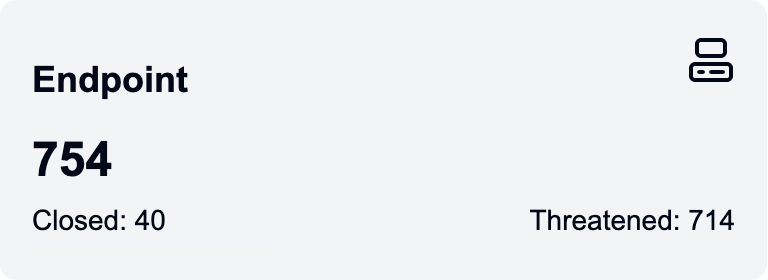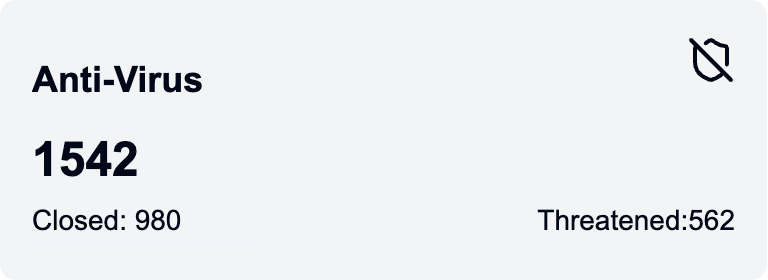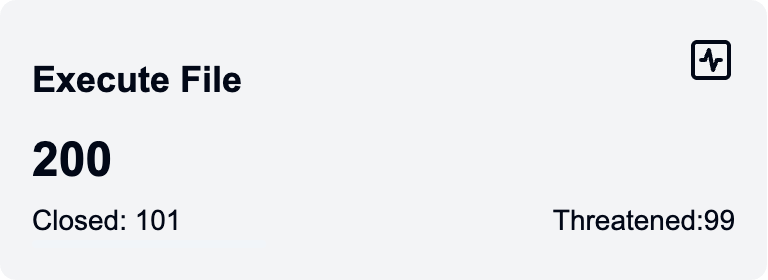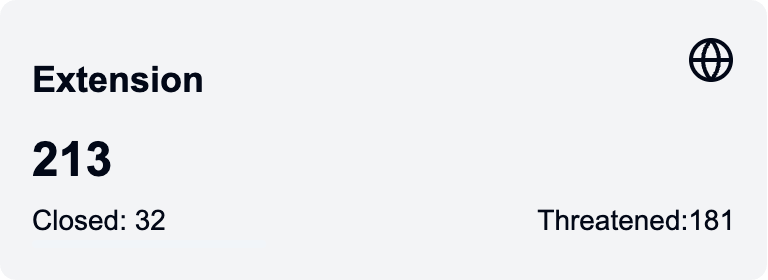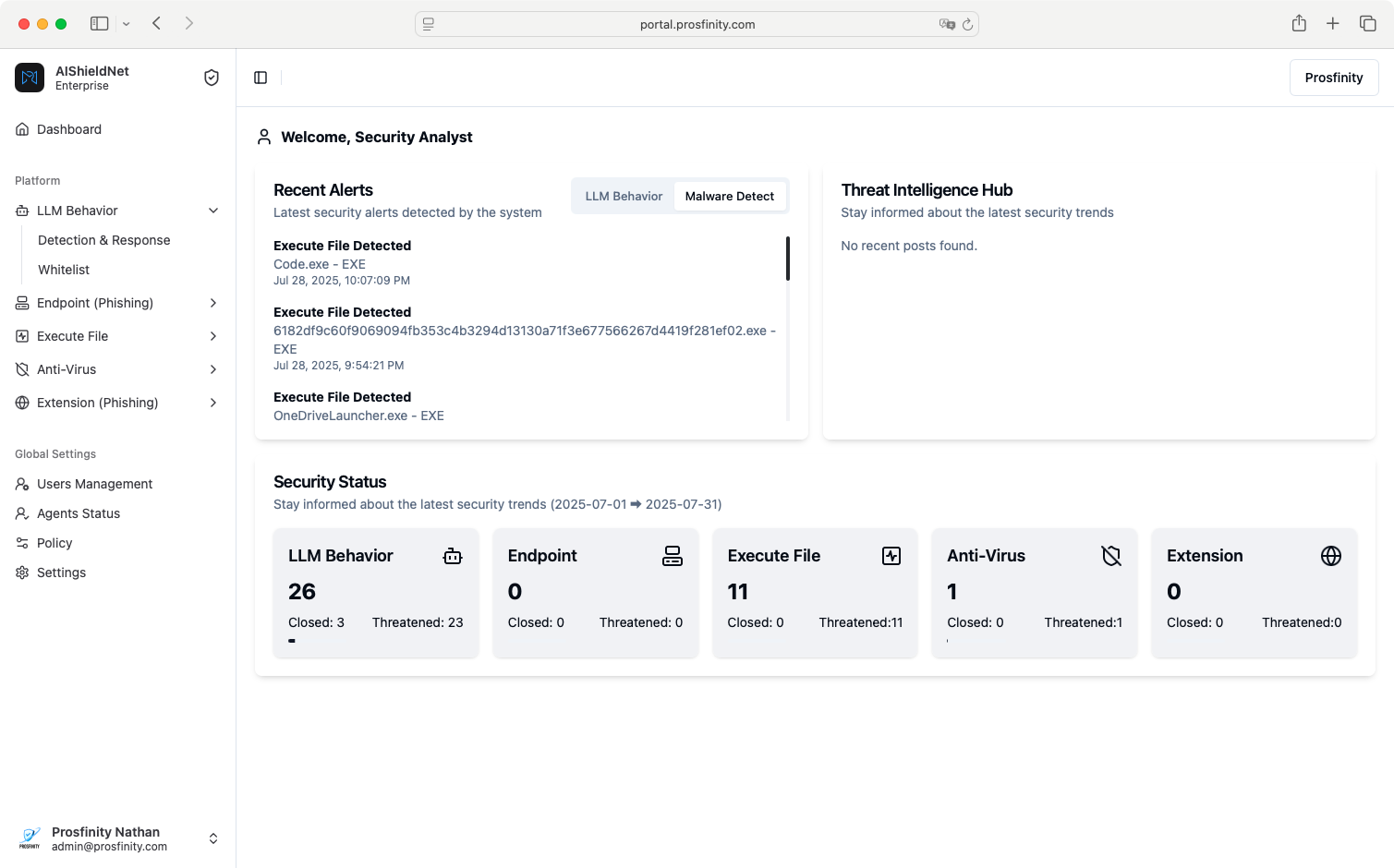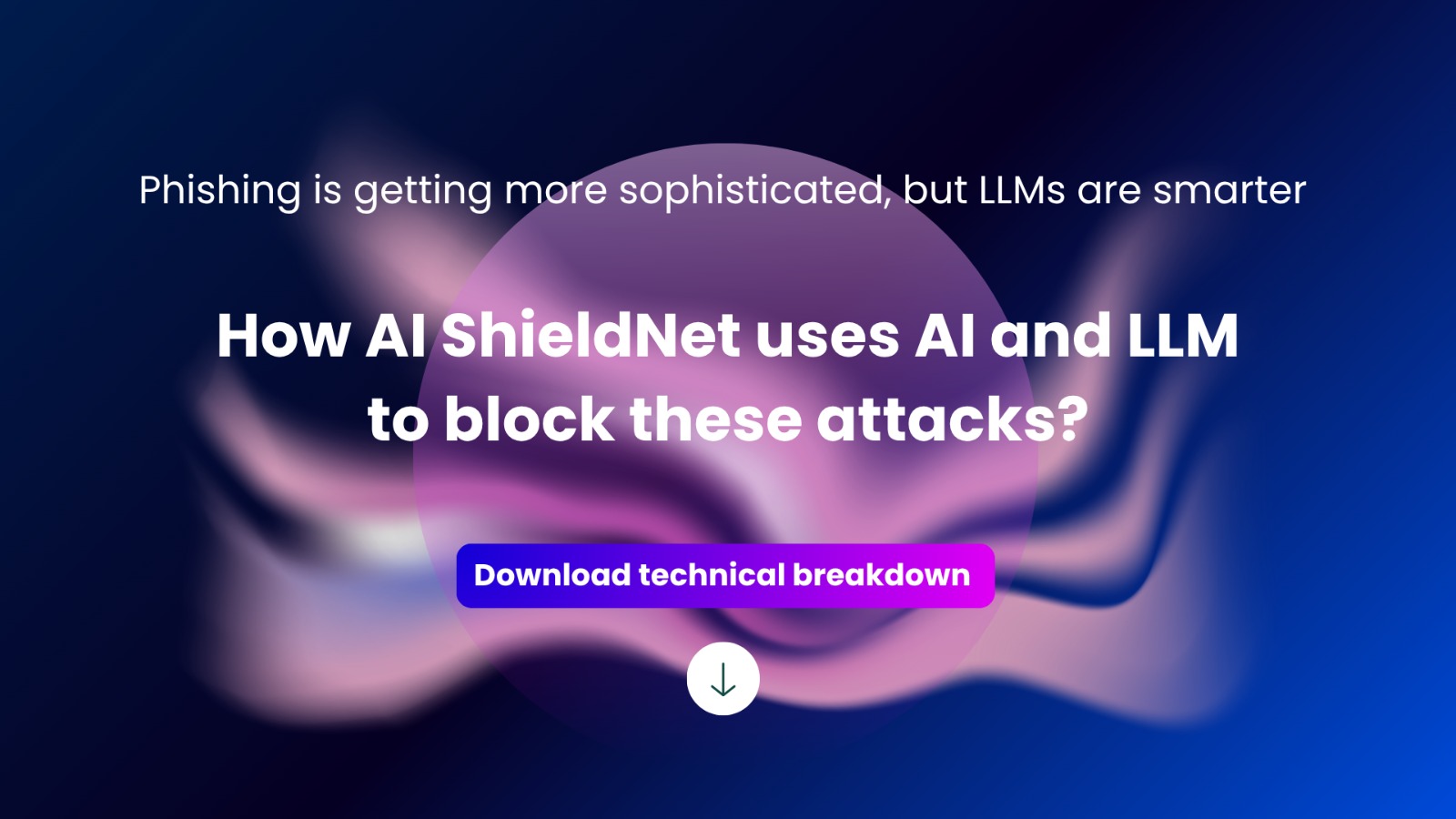Traditional antivirus can’t detect zero-day ransomware, fileless malware, or insider threats.
AIShieldNet is the first-ever solution using a Large Language Model (LLM) to analyze every single Windows process in real time.
Our AI doesn’t rely on signatures - it understands behavior like a real cybersecurity expert.
Word launches PowerShell? LLM instantly flags it as a malicious macro attack – and stops it in seconds.
Suspicious process at 2 AM? AIShieldNet intercepts it before damage even begins.
Never-seen-before attack? AIShieldNet still catches it, because it understands what the attacker is trying to do.
Always learning – it adapts to your environment and gets smarter over time.
Cuts false positives by up to 80%. No more chasing ghosts.
Time to response? Often under a second.
No waiting for updates. No guesswork. Real-time AI protection that reacts before it’s too late.
🧠 Want to know how this works - and why security teams are switching to AIShieldNet?
📄 Download the full technical breakdown
🔒 Try the world's first LLM-powered EDR platform - before your next breach finds you first
The benefit you get
What Happens When Real-Time LLM Watches Every Process?
Free Adoption of Prosfinity Self-Train AI
Adopt Prosfinity's self-training AI to automatically detect zero-day phishing attacks and ransomware at no extra cost
Read More50% Discount with SRAA (Security Risk Assessment and Audit)
Get a 50% discount on our comprehensive Security Risk Assessment and Audit (SRAA) services
Read MoreFree 1-Month Trial of AIShieldNet
Enjoy a free 1-month trial of AIShieldNet, the ultimate AI-powered security solution
Read MoreWhat Happens When Real-Time LLM Watches Every Process?
Monitor Threat Overview Through the SaaS Platform
Day KPI Warning
Real-time alerts for key performance indicators to ensure proactive protection against phishing threats
Security Status
Monitor the security health of your endpoints with detailed status updates on threats
Agent Status
Check the operational status of your security agents to ensure full protection across all devices

